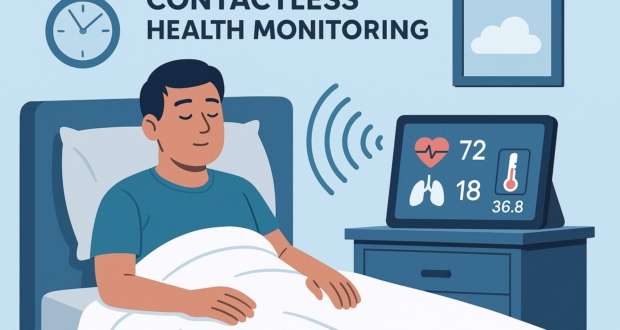Greek mythology has been widely used in the movie industry in the past, from Clash of the Titans to Troy and more. Yet, it hasn’t been featured in many films in recent years for some reason. This could change in the next years, as director Christopher Nolan is set to bring one of this culture’s most iconic stories to life on the screen.
The Enduring Appeal of Greek Mythology
Nolan’s upcoming movie will be based on Homer’s epic poem The Odyssey. Written in the seventh or eighth century BCE, this is one of the oldest surviving pieces of literature in the world and is still popular with modern audiences. Other characters, such as Zeus, Medusa, and Achilles, are easily recognisable and have popped up in different movies and other aspects of popular culture.
2004’s Troy has been arguably the most influential movie based on this period. Starring Brad Pitt as Achilles and Eric Bana as Hector, it told the story of the Trojan War, loosely based on The Iliad, which was Homer’s other epic poem that has stood the test of time incredibly well. Any look at the best Greek mythology movies of all time tends to include 2006’s 300 starring Gerard Butler as the Spartan King Leonidas during the legendary Battle of Thermopylae.
The powerful characters and settings from this era have seen Greek mythology enter popular culture in a variety of other ways, such as TV shows like 2024’s Kaos starring Jeff Goldblum as an insecure Zeus. When checking the games in an NJ online casino, we can see a range of influences from the past. A Cleopatra slot is featured alongside modern versions of blackjack and roulette. In terms of Greek mythology, Rise of Olympus Origins and Medusa Hunt are among the slots to feature unmistakable figures and locations from Greek legends.
What to Expect from the Movie?
Described as an epic action fantasy movie. The Odyssey will be released in June 2025. Filming began in February this year, with Greece joined by the UK, Italy, and Morocco in the list of filming locations. Matt Damon stars in the leading role as Odysseus, the King of Ithaca, who undergoes a torturous ten-year voyage on his way home following the Trojan War.
Zendaya, Tom Holland, and Anne Hathaway also feature in the impressive cast list. Early photos from the set led to speculation about Zendaya’s role. The outfit she was wearing in the images suggests that she might be playing the role of Athena, rather than the earlier suggestion that she would be taking on the part of Nausicaa, who helps Odysseus by guiding him to safety after he’s been shipwrecked.
Nolan is working with a massive budget of $250 million, meaning that this is going to be the most expensive movie he’s made to date. If it’s as successful as the other major films from his career to date, The Odyssey could lead to a resurgence of interest in Greek mythology that results in more movies about these legendary characters being made.



















